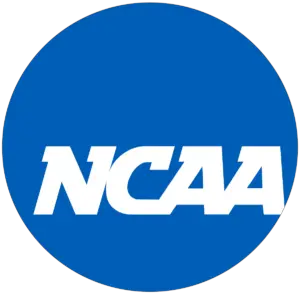 Student-athletes who transfer will be guaranteed their financial aid at their next school through graduation, the Division I Board of Directors decided Wednesday in a virtual meeting.
Student-athletes who transfer will be guaranteed their financial aid at their next school through graduation, the Division I Board of Directors decided Wednesday in a virtual meeting.
That change and other adjustments to transfer rules recommended by the Division I Transformation Committee are intended to provide greater clarity for student-athletes and member schools within the transfer landscape across all sports.
The rules changes are effective immediately.
“The decision to adopt the transfer proposal today reflects the board’s commitment to enacting transformational changes in college sports,” said Jere Morehead, president at University of Georgia and chair of the board of directors, in a statement.
NCAA rules now will require any school that considers athletics when awarding scholarships to transfer student-athletes to provide that scholarship for the rest of a student’s five-year eligibility or until they complete the requirements for their bachelor’s degree, unless the student transfers again or engages in professional athletics opportunities.
College athletes in all sports will continue to be immediately eligible the first time they transfer, provided they notify their schools in writing during designated notification-of-transfer windows (as determined by their sport.)
The board adopted the following notification-of-transfer windows for winter sports, which includes men’s and women’s hockey: a 60-day window beginning the day after championships selections are made in the sport.
The legislation also establishes exceptions to the new windows for student-athletes who experience head coach changes or have athletics aid reduced, canceled or not renewed.
The board also adopted new, more specific standards for immediate eligibility waivers for student-athletes who do not otherwise meet the one-time transfer exception, focusing on student-athlete well-being or circumstances outside the student-athlete’s control.
The board opted not to enact a new exception to the transfer rules that would allow student-athletes to transfer multiple times and be immediately eligible if they meet progress-toward-degree requirements at their new school. However, the board remains committed to continuing to study the impact of the new transfer rules in both the short and long term.
“Like their peers in the general student population, college athletes choose to transfer for any number of reasons,” Morehead said. “We believe the changes enacted today enable member schools to adapt to students’ needs, while also positioning students for long-term academic success. These changes to NCAA rules recognize further study is needed on graduation rates before we consider authorizing multiple transfer opportunities with immediate eligibility.
“We will continue to review potential modifications to transfer rules as the landscape evolves over time.”


